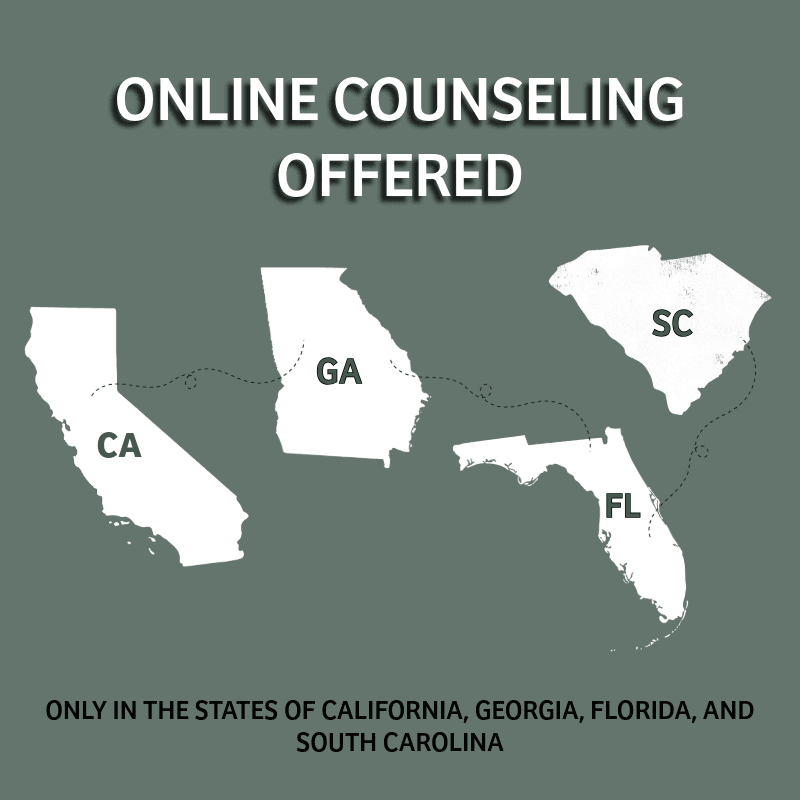Having a new baby brings with it a whirlwind of new experiences and emotions. After nine months of waiting, you finally bring new life into the world and your life takes on an entirely new role. However, this new mom identity brings many restless nights, your body is in recovery mode while attempting to balance hormones, and the majority of your attention is going to your newborn. With all these transitional experiences, many women experience “baby blues,” which is noted by feelings of being overwhelmed and under-enthusiastic about this phase of life. The baby blues tend of fade with time, but for some women that is not the case.
Every one out of nine moms experience what is known as postpartum depression (PPD). The main difference between the baby blues and PPD is the length of duration. The baby blues generally last about two to three weeks while postpartum depression can last months to years if left untreated. Even with such a high number of cases, sometimes both women and doctors fail to recognize PPD which can make it even harder for the women experiencing it to reach out and ask for help. It is important for women to know that PPD is one of the most treatable forms of depression and there is no shame in recognizing when help is needed.
In order to best recognize postpartum depression, it is best to point out the most common symptoms of PPD:
Crying
Irritability
Disrupted sleep (either not being able to sleep or wanting to sleep the day away)
Eating problems (no appetite or an excessive one)
Persistent feelings of sadness, hopelessness or helplessness
Severe anxiety
Problems doing tasks at home or work
Loss of interest in activities you used to enjoy
Social isolation — feeling withdrawn or unconnected
Feelings of worthlessness and of being a bad mother
Inability to care for yourself or your baby
Obsessive thoughts about your baby’s health
Having negative feelings toward or little interest in your baby
Fear of being alone with your baby
We want all new mothers to know that postpartum depression is never your fault. It happens to many new moms out there and it is not because of something you did or did not do. Seeking therapy about your PPD can help you process your emotions, recognize what is going on with both your mind and body, and guide you through this transitional period in your life.

Created by: Parisa Poorak of JCAC
Source: https://www.whattoexpect.com/first-year/postpartum-depression





